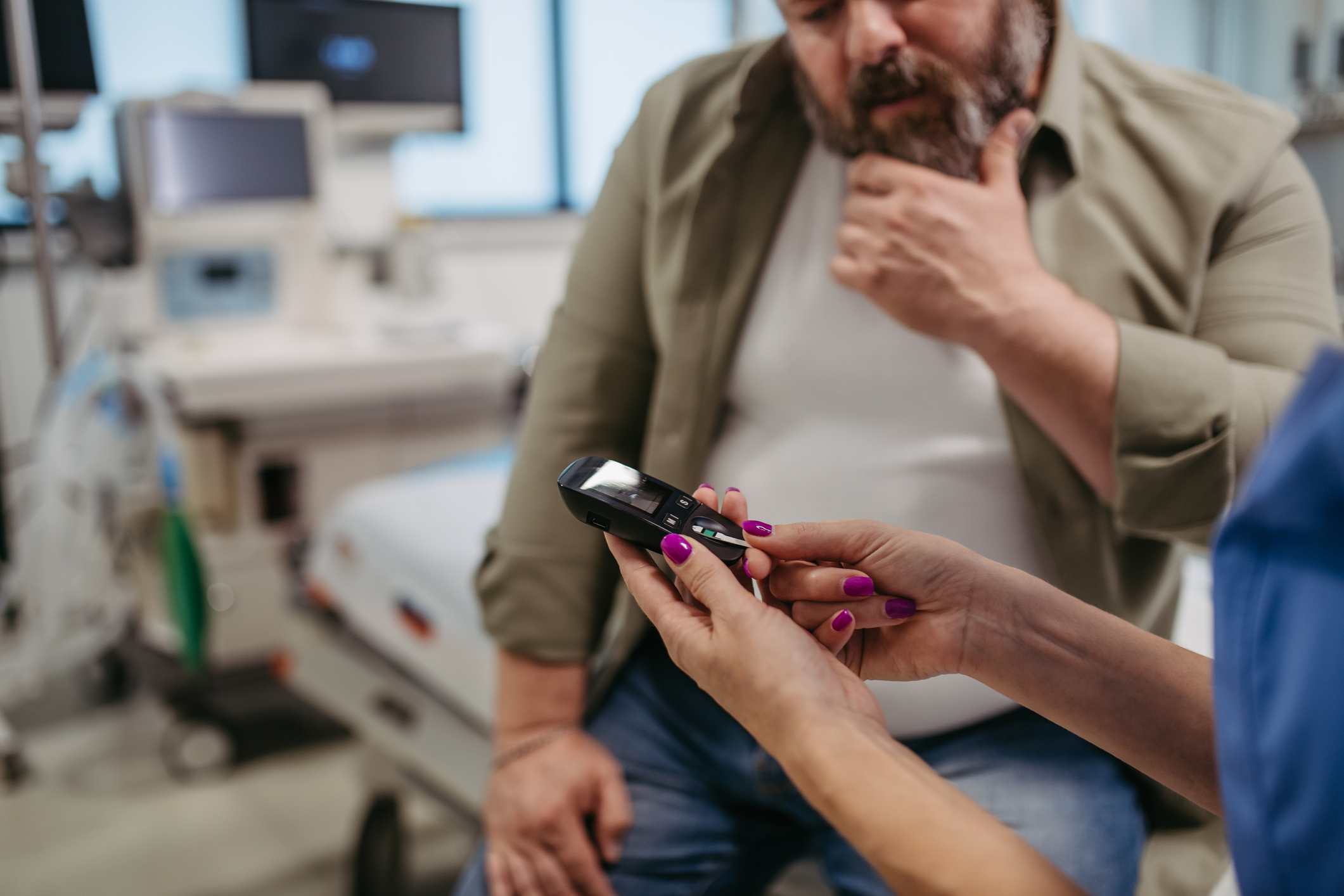Similar to doping, but in a much more positive sense, sports physical examination (SPU) is a specialty of sports medicine. Often, sports clubs or federations require an SPU before athletes are allowed to compete. At the moment, however, there is no evidence whether SPU actually has a preventive effect.
The sports medical examination (SPU) is a preventive medical measure that fulfills several functions. If performed at the start of a sporting activity, it is used to test the candidate’s physical fitness for the chosen activity. At a later stage, this is used to check the state of health in order to detect and improve weak points.
Worldwide, SPU is practiced in a very similar way: A detailed history is usually taken by means of a questionnaire, and the answers are then discussed during the somatic examination. Electronic interactive questionnaires are also quite interesting.
Knowledge from orthopedics, neurology and internal medicine
The core of the SPU is the physical examination – similar to an old-style entrance status – from head to toe, internal-medical, orthopedic and neurological (without gynecological status). Of course, specifics of the sport practiced are given special consideration. In most countries, a resting ECG is performed, and a blood test with determination of hematologic parameters (hemoglobin, hematocrit, erythrocytes, leukocytes, hematologic indices) and ferritin and CRP is also frequently performed. Not included in the scope of this basic SPU are other blood parameters, spirometry, or radiographs.
The next step is to discuss the results with the athlete (and/or his/her legal representatives). It must be emphasized that medical information must never be provided to a possible third party client, as is sometimes requested.
It is an advantage if the results can be discussed immediately at the end of the examination, which unfortunately is not always practical, especially because of the laboratory values. As with the examination, which requires some clinical experience, it takes a lot of routine not to hide questionable findings and at the same time not to arouse fears.
High demands on the doctor
Actually, performance tests (spiroergometry, strength measurement, etc.) would fit very well with a sports medical examination, but they are only performed as an option because the time required and the resulting costs are relatively high – an important point for a service that is not covered by health insurance. In Switzerland, unlike in other countries, such examinations are not mandatory. While SPU is required by many sports clubs, sports associations, and even administrators (e.g., when youth apply for an athletic class), it is rarely supported financially. The costs for the described clarifications are not much higher than the costs for a decent sports shoe (tariff recommended by Swiss Olympic and used by most providers).
It seems self-evident that SPU must be performed by a physician. However, this fact places high demands on the physician, who must have a good command of internal and orthopedic examinations and also, with advantage, be familiar with sport-specific factors. For these reasons, various sports federations require that the examination be performed by physicians with sports medicine qualifications. To get around the aforementioned problem of the investigator’s broad capabilities, work is done in certain locations in a kind of parcours with different specialists. Sometimes athletes choose a physician for SPU who would not otherwise care for them. In my opinion, it is questionable whether such a snapshot is useful, because ideally the physician would also otherwise care for the athlete in the event of any illnesses or injuries.
Repeat every 18 months
Repeating the SPU every 18 months seems to be sufficient if activity is high. A follow-up examination is more or less the same as the first examination, adapted and shortened, of course. In the case of pathological findings that require further clarification, these are discussed with the athlete and his or her environment and organized and coordinated as desired. They can usually be billed as a health insurance benefit.
For every competitive athlete, an annual SPU?
Those familiar with the history of sports medicine know that SPU was a very early part of the specialty’s service catalog. And 100 years after its launch, it doesn’t seem to be aging, despite recurring criticisms. According to a survey, there is hardly a country in Europe where at least part of the sporting population does not have to be examined, usually on an annual basis. The most extreme is Italy, where anyone who wants to play competitive sports and thus needs a license must undergo an annual examination at one of the many sports medicine institutes at the expense of the state. In our country there is no such compulsory, and yet voluntary SPU are made within the framework of national squads, sports classes and junior movements of various sports. In our country, the most common approach is to follow a scheme of Swiss Olympic. A few cases of sudden cardiac death, in front of running TV cameras, so to speak, have played a not insignificant role in a certain renaissance of the SPU.
Still little evidence for preventive efficacy of SPU
In “normal” medicine, check-ups do not have a good reputation. A recent Cochrane report denies any effectiveness of these studies. Nevertheless, many patients request a check-up from their family doctor, and these are offered by many institutions. The SPU is in the same position: there are hardly any papers in the literature that show evidence for the benefits of an SPU, except perhaps for a world-renowned publication from Italy. This showed that the incidence of sports-related acute cardiac death decreased significantly since the introduction of the mandatory system. However, since SPU is performed in many different ways, it is not surprising that the scientific situation is rather poor. The feeling from practice looks different! But more serious studies are clearly needed.
HAUSARZT PRAXIS 2014; 9(10):5











